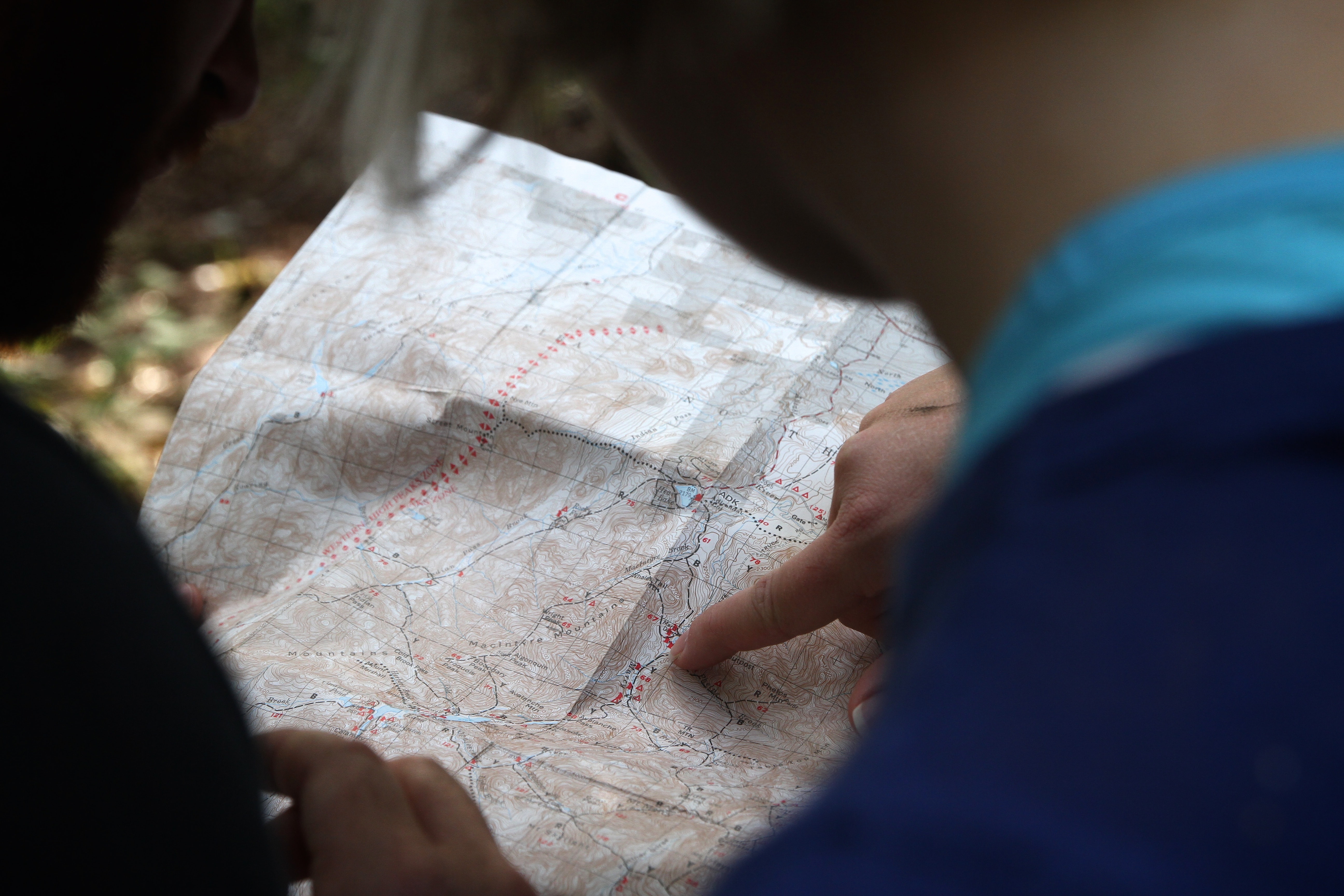Storytelling is 2020
The saying goes that hindsight is twenty-twenty, meaning that we can see the past from a better than perfect perspective once it has happened. Now it is the year 2020, and amid an unprecedented pandemic, storytelling is 2020.
More specifically, the theory and scholarship behind storytelling support freedom from fear and our survival. It achieves this by making meaning, clarifying communication, and facilitating peace and prosperity.
Our survival is supported by storytelling because it allows us to make meaning.
When we look back on this pandemic era, most of us will have stories about our experiences and remember stories told by people we knew and media outlets. Stories are ripe for the taking. Consider how religion and science make their messages known. Many religions use fables, allegories, and rising and falling tales to teach the morals, messages, and meanings associated with their beliefs. Science often tries to distance itself from storytelling. However, especially now, we can see how even scientists engage with storytelling to gain resources and funding to conduct their work. Everything is a story, and thus everything relies on storytelling.
Stories support our survival because they play in the grey area, bouncing off of black or white polarities while acknowledging the freedom within the overlap. The theory behind the value of storytelling is that a medium focused on meaning-making showcasing humanity's reality rather than just the facts and figures. In short, when we accept the theory that everything is a story--and that we build civilizations from, and with, stories--we enter an area on infinite potential where all questions are relevant questions; thus everything is meaningful and individual autonomy, and survival depends on what stories individuals choose to participate with and make.
Our survival is supported by storytelling because it allows us to communicate clearly.
Storytelling Theory teaches us that the is a through-line of all communication is stories. As we just explored, there are many ways to document, understand, and make meaning of our place in the world. In addition to religion and science, other examples are mathematics, philosophy, anthropology, psychology, art, music, dance. Stories persist through all disciplines, be it the stories that led to the discipline, the stories told within the discipline, even the stories informing the individuals themselves as they engage with the discipline. Another way to say it is even though the approach is different, everything is composed of stories on some level.
Clear communication comes from storytelling's oneness or unity. When we see each thing as a story, the variations--while fun and enticing-- are just that, a variation on the theme of everything is a story. Each variation has value as part of this one umbrella theme of storytelling because each variation teaches a moral, meaning, or message. Storytelling is stunning because by buying into the format of stories and then build our own within that format.
The entire modern world is a part of the pandemic story. Each country, city, an individual has a variation, and each of these stories is valuable in their ways owns way because they bring greater clarity and unity to the whole. The need to share and speak out and keep records about what we feel, and see, is a way to tracking and preserving morals, meaning, and moments that allow us to optimize more successful clear communication with each story shared.
Our survival is supported by storytelling because it is allowing us to aim for peace and prosperity.
What we have built to is that stories are the mechanism for more nuanced and honest communication. Storytelling Theory teaches us that everything is a story. Since storytelling encompasses everything, storytelling encourages the sharing and synthesizing ideas, in short, it empowers. When we take this perspective, we see the similarities across humanity and the value in everyone sharing their stories.
Storytelling is "How?" In a world of "Who, What, When, Where, and Why," storytelling wants to know, "how." Why is the grass green is a slew of chemical equations and scientific jargon, and that has its value within it its discipline but is not the same as digging to the questions children ask like "how."How did grass get named grass?" "How did we decide to call it grass?" How, how, how, how, these "how's" are all stories.
Storytelling Theory is about leaning into the value of asking "how" and appreciating the infinite ways to answer it. A place we all know everything and nothing about—a peaceful place of infinite possibility.
In conclusion, the saying goes that hindsight is twenty-twenty, and now in the year 2020, it is time to envision what stories we want to share when it is all done. It is time to make and re-write stories about ourselves, free ourselves from the fear that it can not get better when stories (and humanity) is proof that we are doing better. Let us begin to craft tails of peace, unity, and seeing ourselves as part of a larger story to ensure our stories survive.


Leave a Reply